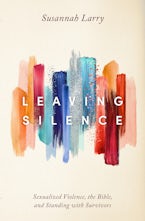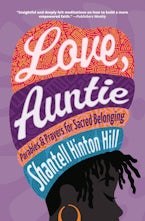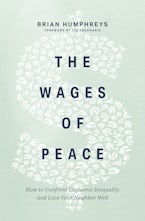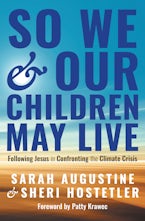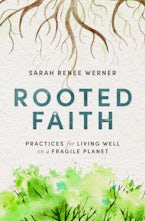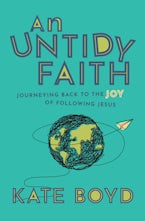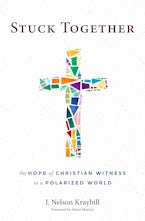“Reading Leaving Silence, I was overwhelmed with God’s love for survivors through in-depth examination of Scriptures concerning sexual survivors. A God who is present. Susannah Larry also moves forward with accountability to the church in all these situations and a strong call to move from silence to responsibility and accountability. Every church leader should have this book in their possession and read it diligently.”
~JO ANNE LYON, general superintendent emerita of The Wesleyan Church
“Leaving Silence explores God’s heart for the harmed, how we all can come to care for and empathize with the silenced, and why it matters. Susannah Larry invites all of us to center the narrative of the oppressed rather than the oppressor as we seek restoration and wholeness.”
~TIFFANY BLUHM, author of Prey Tell: Why We Silence Women Who Tell the Truth and How Everyone Can Speak Up
“In Leaving Silence, Susannah Larry grapples with sexualized violence in Scripture and in the church, concepts of power and privilege, the role of family, and God’s place in all of it. Her honesty and questions are refreshing. Her writing is clear and crisp. Larry does not sugarcoat the difficulty we find in the Scriptures. Nor does she gloss over the horrific. She unflinchingly looks evil in the face—and tells the truth—while standing with survivors, and demonstrates that our loving God is nothing like the corruption so many of us have experienced. This book is timely, needed, a gift. Every church should have a copy.”
~MARLENA GRAVES, author of The Way Up Is Down: Becoming Yourself by Forgetting Yourself
“A profoundly caring book for anybody wrestling with biblical texts on sexualized violence. Writing from a deeply personal perspective of Christian faith, Susannah Larry considers biblical rape prose and poetry, including the story of Jesus, in light of contemporary and theological issues, among them consent, abuse of power, trauma, forgiveness, reconciliation, theodicy, evil, and God’s love. The conversational and accessible tone of the reflections always supports victim survivors and the notion of a loving God.”
~SUSANNE SCHOLZ, professor of Old Testament at Southern Methodist University Perkins School of Theology
